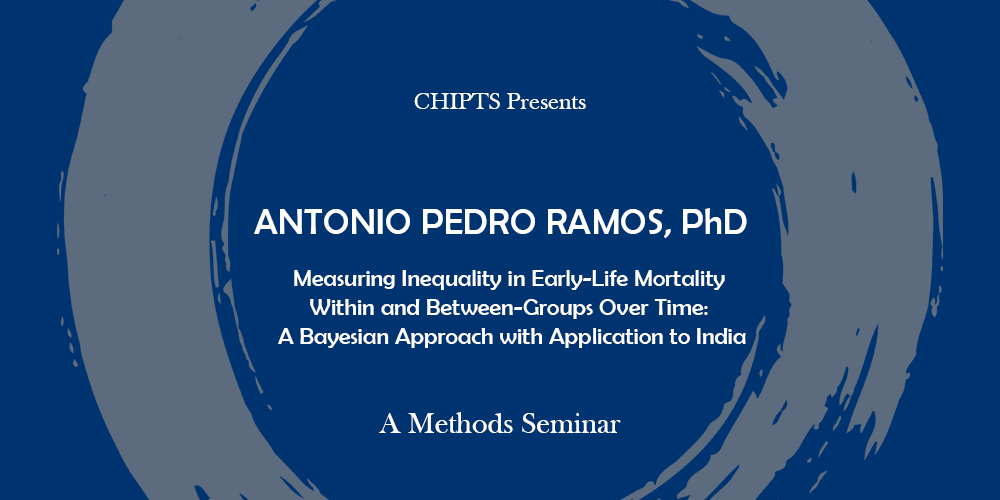
Heather J. Gunn, PhD
Postdoctoral Scholar at UCLA
Global Center for Children and Families
Tuesday, December 10, 2pm-3pm
There are outcomes of interest, like math ability or anxiety, which cannot be directly measured. One way to indirectly measure these outcomes is to measure a set of variables that are related to the construct of interest (e.g., item responses). For instance, we often measure depression by administering the Patient Health Questionnaire, a set of 9 questions that measures the presence and severity of depression. Theoretically, we believe there is an underlying construct, called a latent variable, which directly influences the observed variables. If group comparisons on the latent variable are of interest, such as comparing males and females on depression, then the relationship between the latent variable and the probability of obtaining a particular score on the observed variables needs to be equal across groups. A measure is invariant if the groups have the same probability. If the groups do not have the same probability of obtaining a particular score on the observed variables, then the measure is non-invariant and the meaning and metric of the latent variable differs by group, making valid group comparisons impossible.
This presentation gave a brief overview of factor analysis and how measurement invariance is tested in the factor analytic framework.
The CHIPTS’ Methods Core hosts a monthly seminar series, which are one-hour workshops on research and statistical methods. The seminars are open to HIV researchers, faculty, students, and community. To see previous seminars, check out the Methods Seminar tag or you can find seminar videos on our Youtube Channel! This series is hosted by the Center for HIV Identification, Prevention, and Treatment Services (CHIPTS) and made possible by funds from the National Institute of Mental Health (MH058107).





 Alex Dubov, PhD
Alex Dubov, PhD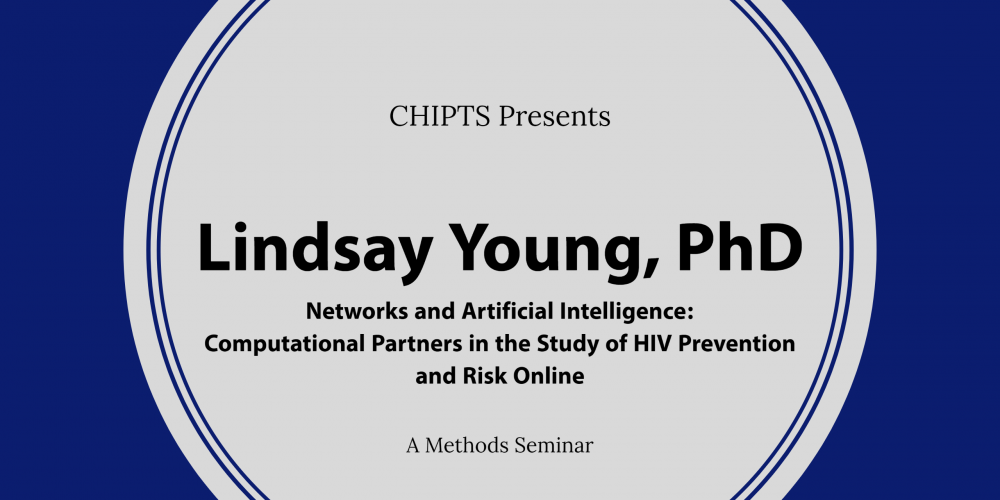
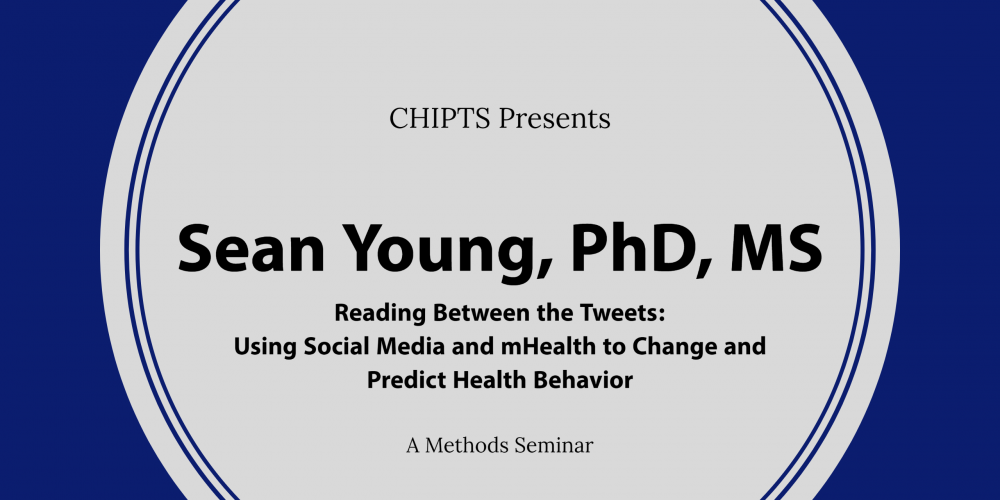

 Michael Shin, PhD
Michael Shin, PhD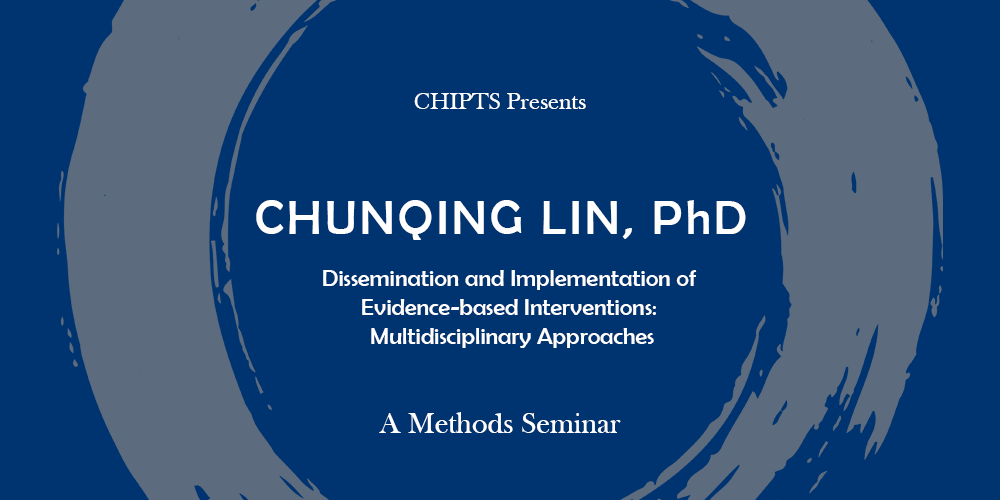
 Chunqing Lin, Ph.D.
Chunqing Lin, Ph.D.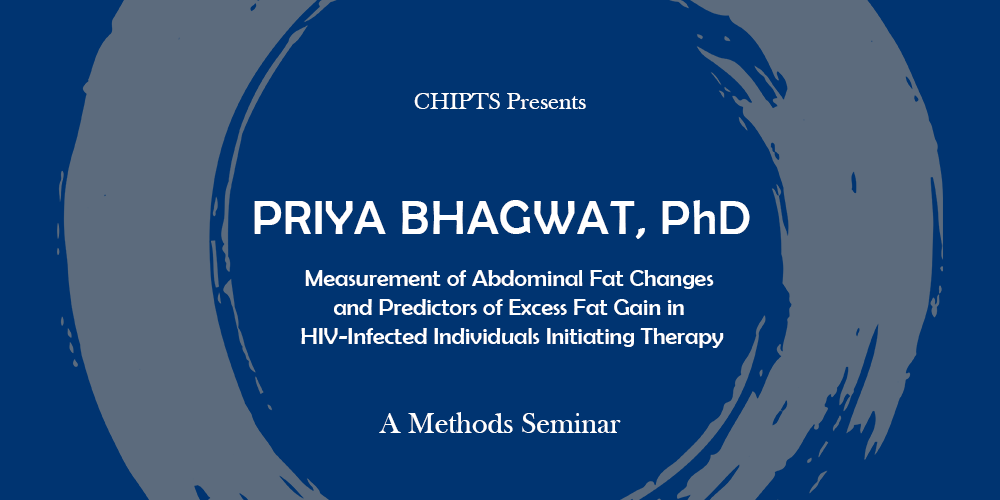

 Kodi B. Arfer. PhD
Kodi B. Arfer. PhD